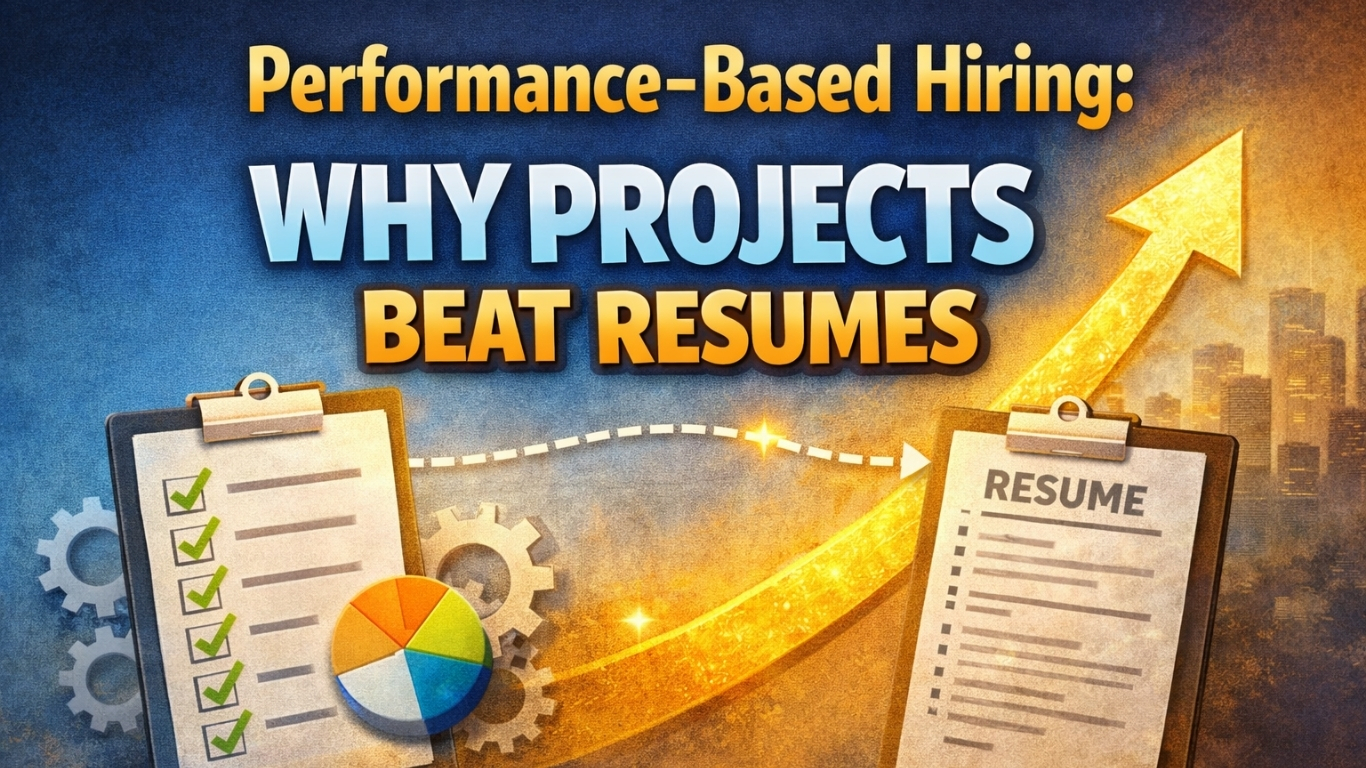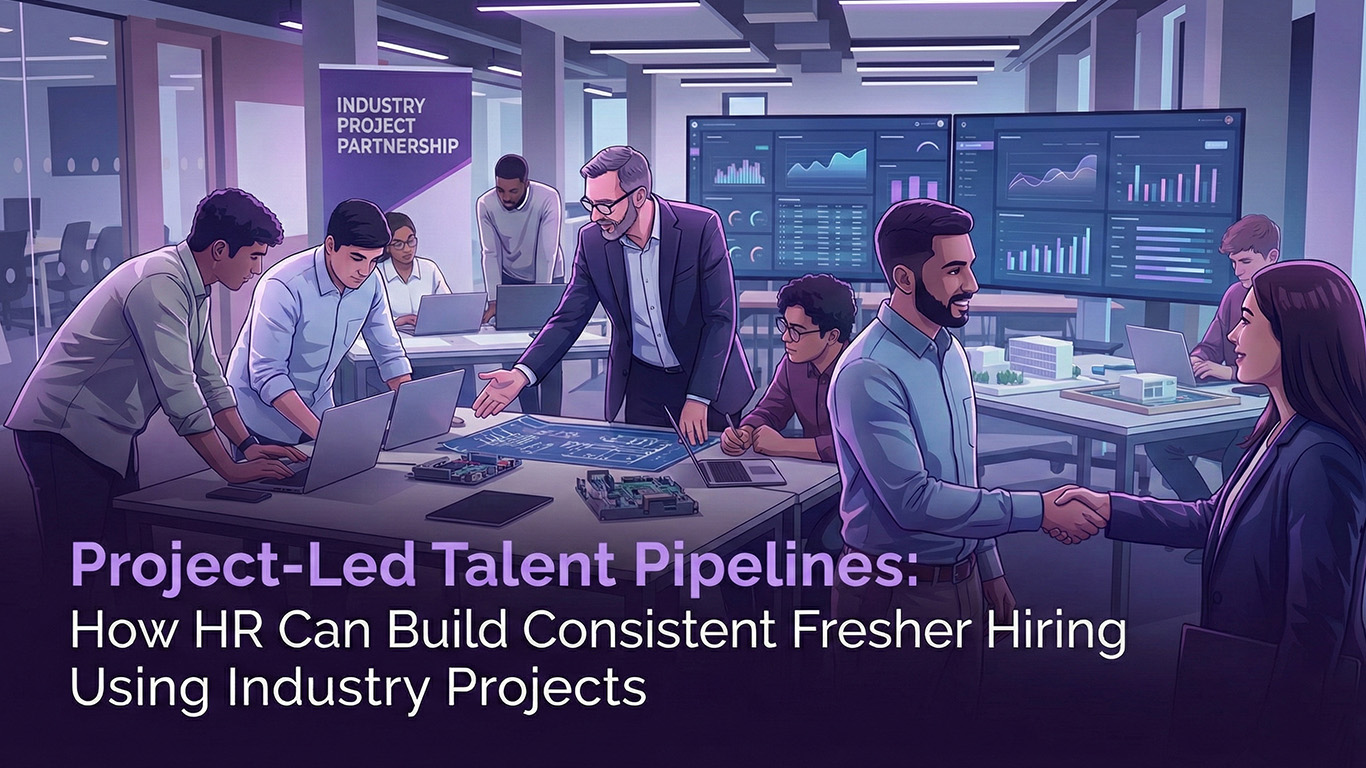
How Mentorship Improves Live Project Deliverable
Mentorship becomes valuable when one thing happens: Feedback changes the work. If feedback doesn’t improve the deliverable, mentorship becomes just another meeting. If

Mentorship becomes valuable when one thing happens: Feedback changes the work. If feedback doesn’t improve the deliverable, mentorship becomes just another meeting. If

How Corporate CSR and L&D Can Use University Projects for Real Impact (Not Just Checkboxes) Corporate CSR and Learning and Development

Let’s clarify what “Shodhak 2.0” means in this blog. This is not a product announcement. It’s a practical usage playbook -an upgraded way to use Professor Shodhak throughout a project,

Live industry projects are exciting -until you try to run them at scale. Without reporting, projects often become: With reporting, projects become: Qollabb’s handbook

If you’ve ever looked at two resumes that sound equally impressive, you already know the problem: resumes are summaries. They can tell

Learn how HR and TA teams can build a predictable fresher hiring pipeline using employer-driven projects instead of one-off campus

Aenean massa feugiat imperdiet a scelerisque et morbi tempus massa tincidunt vitae libero aenean tincidunt molestie.